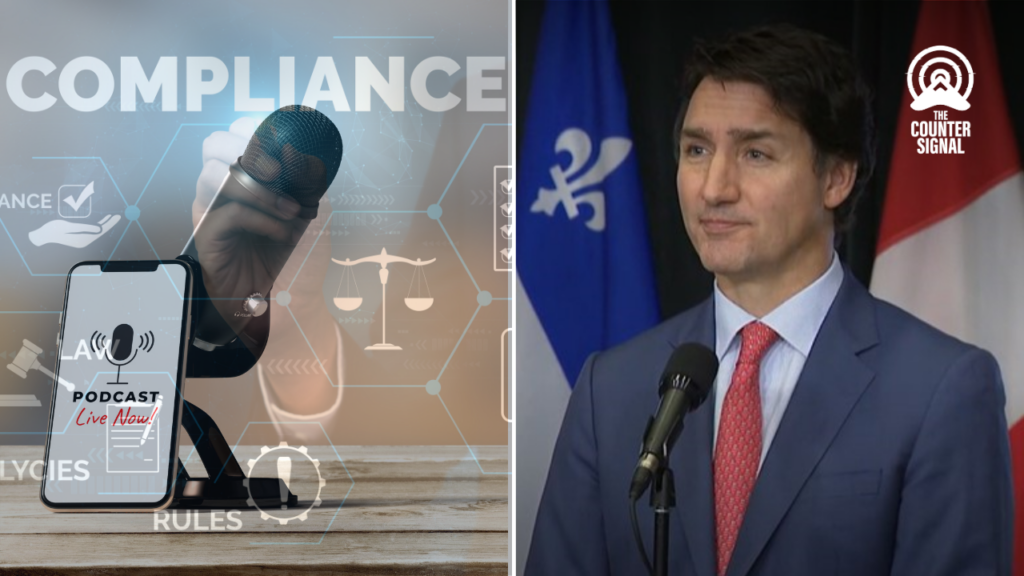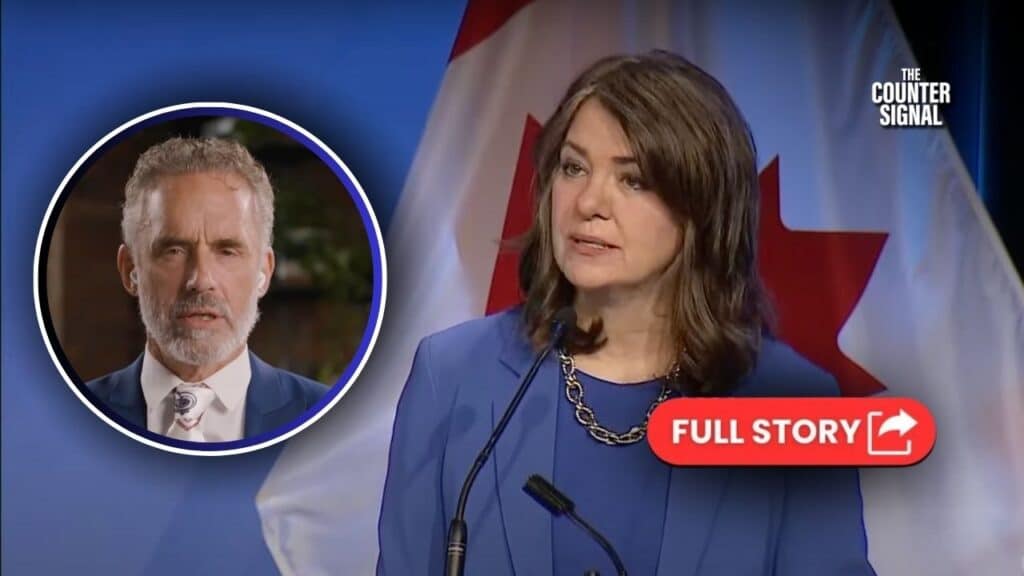The Trudeau government’s recently passed Online Streaming Act is moving into its next phase of regulation by requiring podcasters to register with the Canadian Radio-television and Telecommunications Commission (CRTC).

The government claims the regulation will “ensure online streaming services make meaningful contributions to Canadian and Indigenous content.”
But critics worry the move is just the Liberal government’s latest attempt to control what Canadians are able to see and hear online.
The CRTC now wants to regulate podcasts.
— Brian Lilley (@brianlilley) September 29, 2023
Here is my simple message to them.
Go to hell. https://t.co/NE4SbIJIPw
“The CRTC now wants to regulate podcasts,” said the Toronto Sun’s Brian Lilley. “Here is my simple message to them. Go to hell.”
“Not a f**king chance You censorial Scumrat,” said Dr. Jordan Peterson on X.
CRTC’s announcement states that podcasters meeting certain criteria “need to provide information about their activities in Canada.”
Online streaming services operating in Canada that offer audio or video content that generate $10 million or more in annual revenues must complete a registration form by November 28.
It’s pitched as a one-time requirement collecting basic information.
“Second, the CRTC is setting conditions for online streaming services to operate in Canada. These conditions take effect today and require certain online streaming services to provide the CRTC with information related to their content and subscribership.”
Furthermore, CRTC stated that another ongoing consultation will address how podcasters and those offering video streaming services contribute to Canadian and Indigenous content.
“Creeping totalitarianism”
The Online Streaming Act is legislation that was passed earlier this year, which Canadian author Margaret Atwood called “creeping totalitarianism.”
While debating censorship Bill C-11, Canadian senator David Richards said, if it passes, Joseph Stalin would be “looking over our shoulder when we write.”
Richards also said the bill is “censorship passing as national inclusion.”
Liberals say the bill will promote Canadian content over non-Canadian content. They also say it will achieve equitable representation among gender, ethnicity, and related “marginalized” groups.
“In terms of diversity and inclusion, one of the goals of the bill is to put diverse and marginalized voices in the spotlight,” said Senator Dennis Dawson of Quebec during the third reading.











